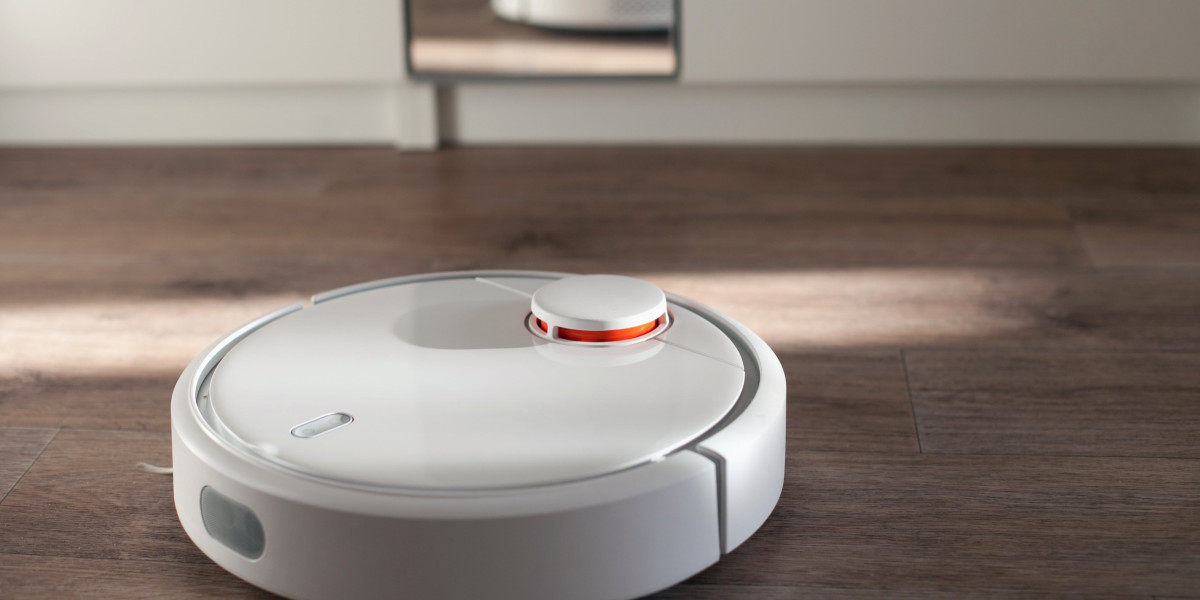Revolutionizing Home Maintenance: The Rise of Cleaning Robots
In an age where technology continues to affect daily life, cleaning robots have actually become a significant innovation in the field of domestic cleaning. These autonomously operating devices have redefined how households manage cleaning jobs, supplying benefit and performance. With their capability to browse areas, prevent barriers, and run on pre-set schedules, cleaning robots are ending up being important tools for property owners wanting to optimize both their time and their living environment.
The Evolution of Cleaning Robots
Cleaning robots have gone through a tremendous change because their inception. What started as primary machines has advanced into advanced devices equipped with advanced functions. Below is a table highlighting some essential turning points in the advancement of cleaning robots.
| Year | Turning point | Description |
|---|---|---|
| 1996 | First Commercial self-cleaning robot vacuums | The first robotic automated vacuum, Electrolux's Trilobite, was introduced. |
| 2002 | Roomba Launch | iRobot released the Roomba, making robotic vacuum popular. |
| 2004 | Mapping Technology Introduced | iRobot presented smarter navigation abilities, permitting for better cleaning courses. |
| 2012 | smart robot vacuums device Integration | The introduction of mobile app control allowed users to control robots remotely. |
| 2020 | Advanced Sensors & & AI | Robots started making use of AI for improved mapping and object acknowledgment. |
Kinds Of Cleaning Robots
As technology has advanced, numerous kinds of cleaning robots have appeared, each developed to accommodate different cleaning requirements. Some of these consist of:
Robotic Vacuums
- Designed to autonomously vacuum floorings, they often include sensors to browse around spaces and return to their charging stations.
Robotic Mops
- These robots are equipped with mopping functionality, utilizing water or cleaning options to scrub floorings.
Window Cleaning Robots
- Specifically crafted for window cleaning, these devices can climb vertical surfaces using suction or magnetic systems.
Pool Cleaning Robots
- Developed for in-ground swimming pools, these robots collect debris and even scrub the walls of the swimming pool efficiently.
Multi-tasking Robots
- Some contemporary cleaning robots combine vacuuming and mopping capabilities, offering versatile cleaning services.
How Cleaning Robots Work
The core functionality of cleaning robots is centered around their ability to navigate homes autonomously while carrying out cleaning jobs. Here's a breakdown of the fundamental components that enable them to perform successfully:
Sensors: Most cleaning robots are geared up with sensors that assist them find barriers, slopes, Real-Time Tracking and edges, avoiding falls and collisions.
Navigation Technology: Many robots use a combination of gyroscopes, accelerometers, and sometimes video cameras or LIDAR for navigation. This permits them to map their environment and tidy efficiently without missing out on areas.
Source of power: Most cleaning robots run on rechargeable batteries, with many capable of returning to their charging docks when their power runs low.
Cleaning Mechanisms: Whether through suction for vacuuming or rotating brushes for mopping, cleaning robots include numerous systems customized for effective dirt removal.
Benefits of Cleaning Robots
The incorporation of cleaning robots in homes provides numerous advantages:
Time-Saving: Cleaning robots can operate on their own, enabling property owners to engage in other activities.
Consistent Cleaning: With set up cleaning times, these robots ensure consistent upkeep of the home.
Hard-to-Reach Areas: Cleaning robots can access narrow spaces and corners that standard cleaning tools might battle with.
Lowered Allergens: Regular cleaning assists reduce dust and allergens, contributing to a much healthier living environment.
Limitations of Cleaning Robots
Despite their numerous benefits, cleaning robots also present certain restrictions that users need to consider:
High Initial Cost: While the price of cleaning robots has actually decreased over time, some sophisticated models can be relatively costly.
Inconsistent Performance: Not all robots perform similarly; some might struggle with particular surfaces or dirt types, resulting in unsatisfactory outcomes.
Restricted Capacity: Many robotic vacuums have smaller dustbin capabilities, requiring more frequent emptying than standard vacuum.
FAQs about Cleaning Robots
Q: Are cleaning robots worth the investment?A: Cleaning robots can be
a beneficial investment for those seeking time-saving services. They can significantly ease the cleaning burden, specifically for busy homes. Q: Can cleaning robots be programmed?A: Yes, many cleaning robots feature programmable schedules and modes, allowing users to set particular cleaning times and locations. Q: How do I maintain my cleaning robot?A: Regular maintenance involves cleaning the brushes, emptying the dustbin, and occasionally examining for software updates. Q: Are cleaning robots efficient on all surfaces?A: Most robotic vacuums are efficient on tough floorings and low-pile carpets. However, effectiveness may

differ on thick carpets or certain kinds of carpets. Q: Do cleaning robots work well under furniture?A: Cleaning robots are designed to fit under most furnishings; nevertheless, the effectiveness can depend on the height of the furnishings.
Cleaning robots represent a breakthrough in the realm of cleaning techniques, they considerably improve housekeeping abilities. As improvements continue, future iterations of these devices are anticipated to end up being much more intelligent, effective, and user-friendly, further integrating into the smart homes of tomorrow. The modern-day homeowner therefore faces an amazing future where cleaning robots could take much of the drudgery out of home maintenance, allowing for a cleaner living space with very little effort.
domestic tasks, using a blend of innovation, benefit, and performance. While they are not a total replacement for standard








